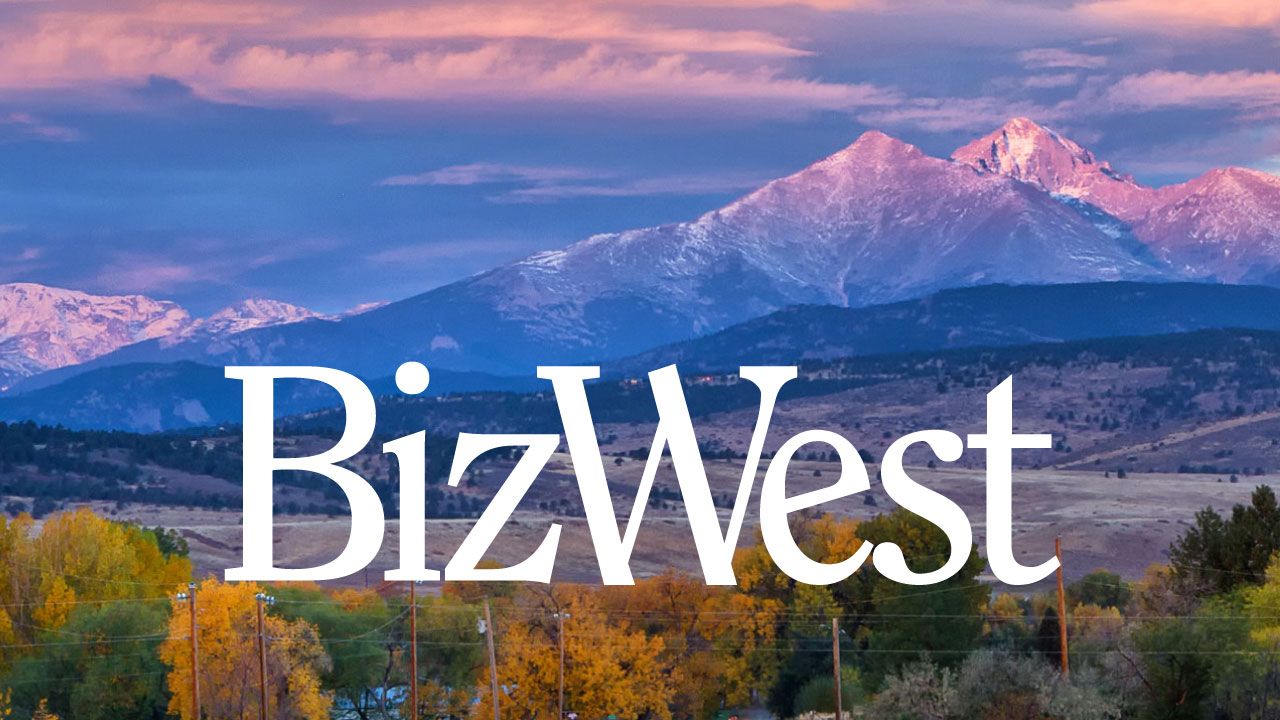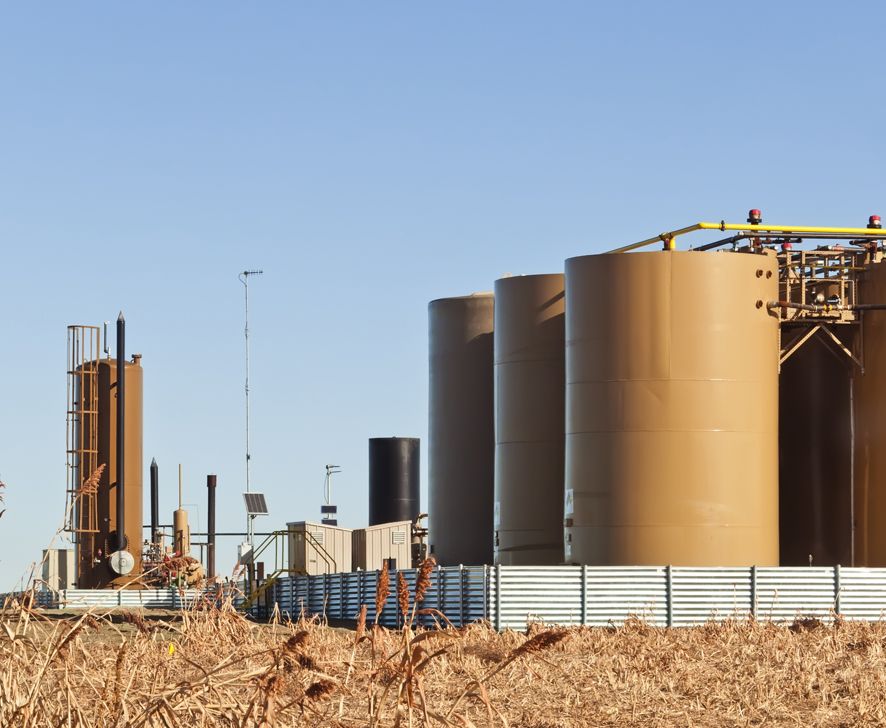Energy Summit: Governments take helm of oil, gas industry
LOVELAND — Municipal, county and state regulators share a common dilemma: how to navigate the new regulatory landscape created by Senate Bill 181, which revolutionized how oil and gas production is regulated in Colorado.
The bill, passed in the last session of the Colorado Legislature, creates a new framework for energy regulation, allowing local governments a much greater say in regulating the industry and altering the mission of the Colorado Oil and Gas Conservation Commission.
Participants in the “What Local Governments are Doing” session of the Colorado Energy Summit Thursday outlined different perspectives in implementation of the measure. The panel was moderated by Sandra Hagen Solin, founder of Capitol Solutions, a government-affairs and lobbying firm.
Jeff Robbins, director of the Colorado Oil and Gas Conservation Commission, said SB-181 did two things: It provided additional power and authority to the commission, shifting its mission from fostering oil and gas development toward regulating such development, even as the bill created new local authority over surface impacts, authority that governments can exercise if they choose.
The commission is in the midst of an extended rule-making process to create the framework, as well as how to handle 6,000 pending well applications.
Part of the rule-making will focus on “alternative-site analysis.”
“That means that the commission for the first time has the authority to work with operators and impacted citizens to determine what is the best location for new oil and gas, large oil and gas facilities near urban areas,” Robbins said.
Senate Bill 181 fundamentally altered not only the mission but also the makeup of the COGCC, which previously consisted of a nine-member panel of volunteers. The panel next year will be comprised of seven members, including five who will become full-time state employees.
Shaun Sullivan, attorney for the city and county of Broomfield, compared his community with its larger neighbor, Weld County. Broomfield, he noted, includes 66,000 residents on 34 square miles — or 1,900 people per square mile — compared with Weld County’s estimated 325,000 people on 4,000 square miles, or 81 people per square mile.
That means much higher density for Broomfield, which represents primarily suburban development.
“Those two types of counties require different approaches from a regulatory standpoint, and it makes sense to have different approaches for regulatory purposes,” he said.
Sullivan noted that citizens in Broomfield had previously banned hydraulic fracturing — a ban that was overturned by the Colorado Supreme Court. Broomfield subsequently updated its comprehensive plan to add an oil-and-gas chapter with best-management practices for oil and gas.
Broomfield went even further in 2017, passing a charter amendment stating that Broomfield must condition and shall permit oil and gas development only in a manner that does not adversely impact the health, safety and welfare of residents.
“That sounds a lot like Senate Bill 181,” Sullivan said.
The effect of those measures is that oil and gas facilities are permitted in all zoned districts as a use by special review, or via an operator agreement or memorandum of understanding.
But in the wake of SB-181, Broomfield has implemented a moratorium on new oil and gas development as it seeks to build its owner regulatory framework alongside the state rule-making process.
Broomfield is exploring a number of new regulations and standards, he said, seeking to take advantage of new authority over land use, surface impacts, nuisance issues such as odor and noise, financial assurances and fees, and other factors.
In Weld County, which accounts for 90 percent of the state’s oil production and about one-third of its natural-gas production, the county commissioners also have embraced local control in unincorporated areas of the county.
Bruce Barker, Weld County attorney, said, “Getting into land use for oil and gas really is a new experience for Weld County.”
He said commissioners are passing several new regulations through an ordinance process and are working to establish a hearing process to handle permit applications, establish best practices, and develop a framework for dealing with nuisance issues and impact on neighboring property owners.
Barker said he told county commissioners that, “Land use is all about health and safety, and protecting the environment and wildlife resources.
“I think we are in a position where we are excited about it,” he added. The county is adding new employees to handle the workload.
“We look forward to working very closely with the COGCC on various aspects,” he said, noting that it’s no different than how the county works with the state in human services, transportation, etc. “We see this as being no different,” he said.
Cassie Archuleta, air quality program manager for the city of Fort Collins, said that although Larimer County has hundreds of wells, Fort Collins includes only 10 active wells, three of which are producing.
She said Fort Collins previously passed a five-year moratorium on oil and gas development, which was rejected by the courts. In the meantime, the city signed an operating agreement with its single operator that included reciprocal setbacks.
In the wake of Senate Bill 181, Fort Collins’ city council has prioritized oil and gas regulation, seeking to reduce the surface impacts of development. The city seeks a “robust public engagement process,” she said.
Additionally, some “push and pull” has emerged between the city’s lone oil-and-gas operator and housing developers, she said.
The city is exploring both near-term and long-term policy changes, with one option being a new moratorium, she said.
“Our city council is going to be considering what our options are right now,” she said.
LOVELAND — Municipal, county and state regulators share a common dilemma: how to navigate the new regulatory landscape created by Senate Bill 181, which revolutionized how oil and gas production is regulated in Colorado.
The bill, passed in the last session of the Colorado Legislature, creates a new framework for energy regulation, allowing local governments a much greater say in regulating the industry and altering the mission of the Colorado Oil and Gas Conservation Commission.
Participants in the “What Local Governments are Doing” session of the Colorado Energy Summit Thursday outlined different perspectives in implementation of…
THIS ARTICLE IS FOR SUBSCRIBERS ONLY
Continue reading for less than $3 per week!
Get a month of award-winning local business news, trends and insights
Access award-winning content today!




